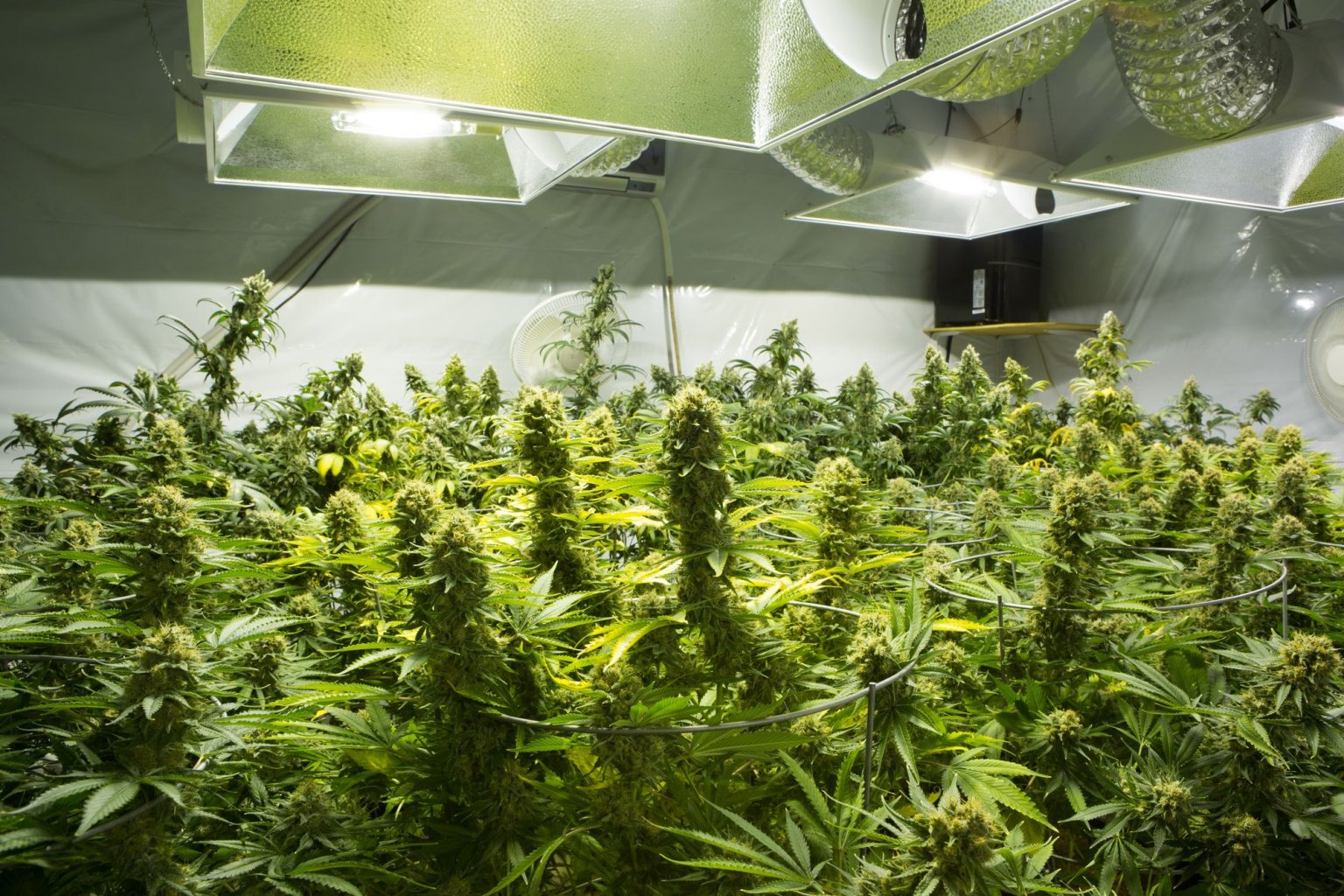Cannabis and Real Estate Law: Legal Considerations for Landlords and Tenants
Did you know?
The legal landscape of marijuana in the United States is constantly changing, and as of today, 38 states, three territories, and the District of Columbia allow medical marijuana use. Additionally, 47 states and Washington, D.C., have partial or total legalization of cannabis and related products.
Table of Contents
ToggleIntroduction
As the cannabis industry continues to grow, the real estate sector has become increasingly involved in the business. With more states legalizing cannabis for both medicinal and recreational use, landlords and tenants are faced with new legal challenges and considerations.
Expand your reach and grow your career.
Let Chase Lawyers help you take your music to the next level.
One of the primary legal considerations for landlords and tenants is compliance with state and local regulations. Landlords must ensure that their properties are zoned for cannabis-related businesses and comply with all relevant laws and regulations. Tenants, on the other hand, must ensure that their businesses are licensed and comply with all applicable regulations.
Another important consideration is the lease agreement between the landlord and tenant. The lease should clearly outline the intended use of the property and any restrictions on the use of the property. This is particularly important in states where cannabis is only legal for medicinal purposes, as there may be additional regulations and restrictions on the use of the property.
Landlords should also consider the potential risks associated with renting to cannabis-related businesses. For example, landlords may face liability for any illegal activities conducted on the property, such as the sale of cannabis to minors. Additionally, landlords may face difficulties obtaining insurance for properties that are used for cannabis-related businesses.
Tenants should consider the potential risks associated with leasing a property for their cannabis-related business. For example, tenants may face difficulties obtaining financing for their business or obtaining insurance for their products. Additionally, tenants should ensure that their lease agreements include provisions for protecting their intellectual property, such as trademarks and patents.
Weed out the legal risks and focus on growing your business.
Let ChaseLawyers® help you stay compliant with state and federal regulations.
Conclusion
As the cannabis industry continues to grow, landlords and tenants must navigate the complex legal landscape of real estate law. Compliance with state and local regulations, lease agreements, and liability concerns are all important considerations for both landlords and tenants. Working with experienced cannabis attorneys can help ensure that both landlords and tenants are protected and can operate their businesses with confidence.
Summary
- Growing cannabis industry leads to fresh legal challenges for landlords and tenants as more states legalize it for medicinal and recreational use.
- Key concern: adhering to state regulations. Landlords ensure proper zoning; tenants secure licenses and follow rules.
- Significance of lease agreements rises. They define property use and limitations, particularly in states with limited medicinal cannabis legality.
- Risks for landlords: potential liability, and insurance hurdles when renting to cannabis businesses.
- Risks for tenants: difficulties obtaining financing, insurance, needing intellectual property safeguards in lease agreements.
- 21 SE First Avenue Suite 700 Miami, FL 33131
- 305-373-7665
- 305-373-7668
- info@chaselawyers.com
- 1345 Avenue of the Americas, 2nd floor, NY, NY 10105
- 212-601-2762
- info@chaselawyers.com
Get a response within 24 hours. We’ll clearly explain how we can support and protect your brand while staying within your budget.


